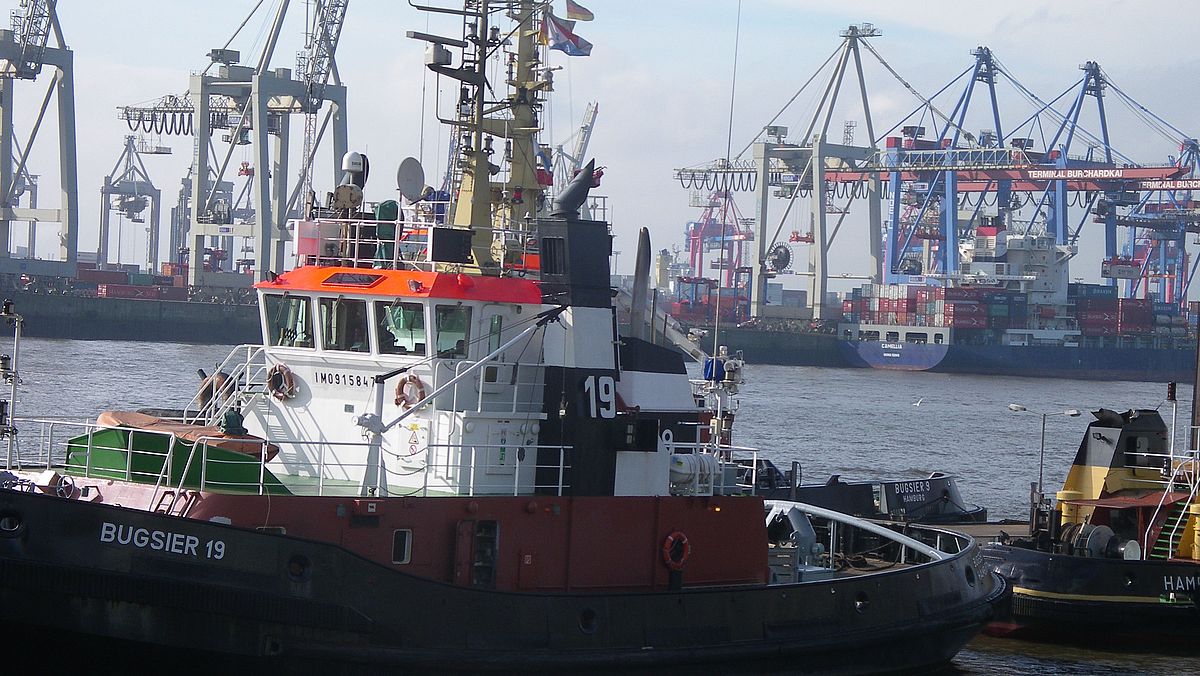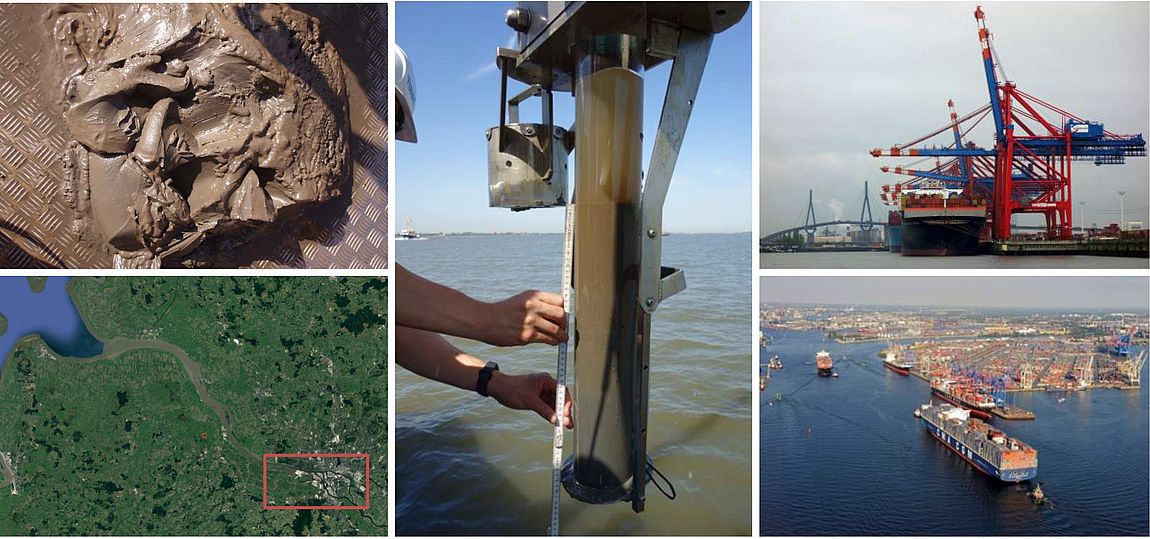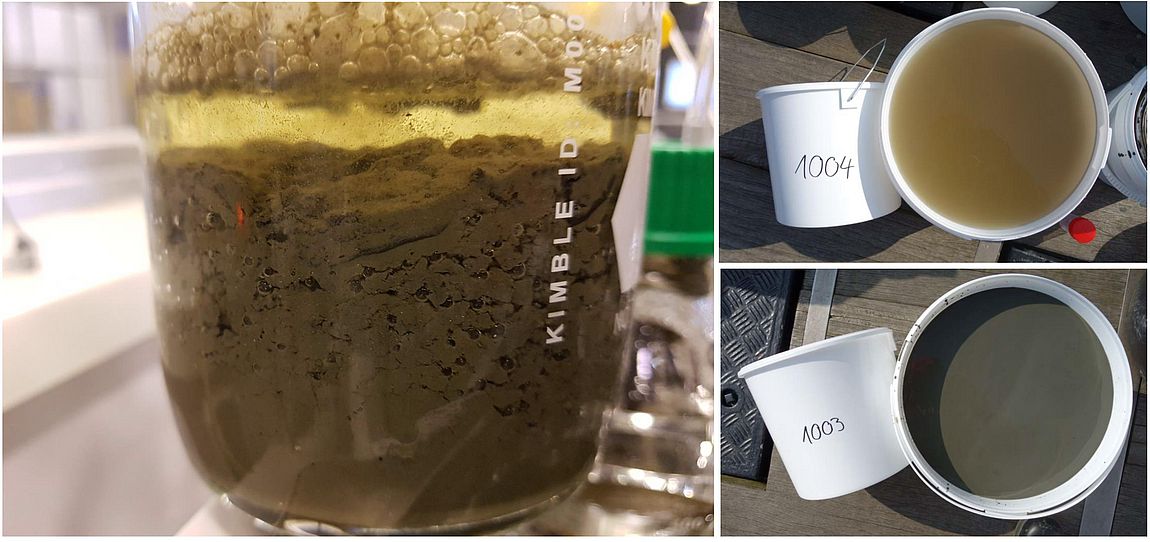Due to the presence of degradable organic matter and reduced inorganic compounds (such as NH4+, Mn2+, Fe2+) and limited oxygen diffusion rates, reducing conditions quickly develop in fine-grained sediments settled in low-flow areas at the river bottom. Under these reducing conditions, microbially mediated degradation of sediment organic matter (SOM) results in gas production (e.g., methane, carbon dioxide). Due to the variability of SOM composition and thus its degradability, the degree of gas production varies in space and time. SOM degradation and respective gas generation may pose a series of problems, including changes sediment density, viscosity, shear strength and rheology. This in turn is reflected in delayed sediment consolidation, susceptibility of sediment constructions towards erosion and subsidence. Gas bubble production can hinder sonic depth finding. Further, methane is known to be a strong contributor to global warming. The resuspension of potential sediment-bound contaminations may also pose a further problem. In this study we address the link between microbial community composition and SOM degradability and turnover rates. These insights provide the basis for targeted changes specific maintenance procedures. The microbiology study is a subproject of BIOMUD (lead by Prof. Dr. Julia Gebert, TU Delft) within the sediment research network MUDNET.






